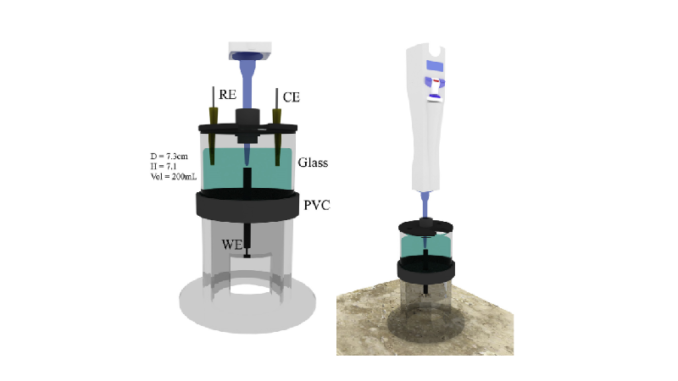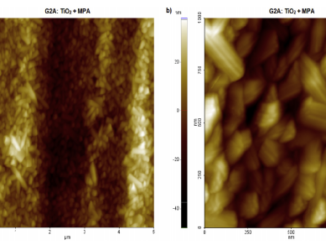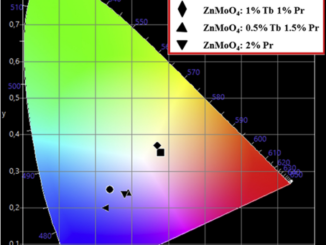
Investigation on acid functionalization of double-walled carbon nanotubes of different lengths on the development of amperometric sensors
Abstract: Double-walled carbon nanotubes (DWCNTs) of different length were submitted to acid functionalization and investigated as chemical modifiers on glassy-carbon electrode (GCE) for the sensing of dopamine and catechol. Acid functionalization introduced oxygenated groups and defects on the structure of DWCNTs, as detected by infrared, Raman and X-ray photoelectron spectroscopy. However, cyclic voltammetric experiments showed higher current responses on non-functionalized (NF) DWCNTs. The decrease in response was stronger for shorter length nanotubes (S-DWCNT) modified GCE, which was attributed to the reduction of electroactive area of functionalized nanotubes after acid treatment with HNO3/H2SO4. Brunauer-Emmett-Teller (BET) analyses confirmed the decrease in surface area of functionalized (F) DWCNTs, especially on F-S-DWCNT. Amperometric measurements also showed decrease in sensitivity and higher detection limit values on the F-S-DWCNT, which is also due to the decrease in electroactive area. As conclusion, DWCNT is a potential carbon-based material to the development of highly sensitive amperometric sensors and acid functionalization is not likely required due to the higher surface area provided by modification with the untreated material. (C) 2019 Elsevier Ltd. All rights reserved.
Author(s): Lima, AP; Catto, AC; Longo, E; Nossol, E; Richter, EM; Munoz, RAA
ELECTROCHIMICA ACTA
Volume: 299 Pages: 762-771 Published: MAR 10 2019
DOI: 10.1016/j.electacta.2019.01.042




